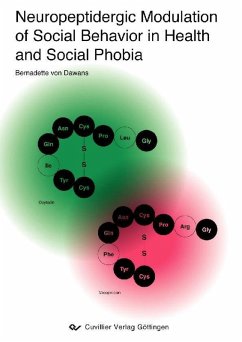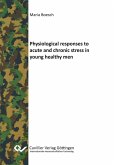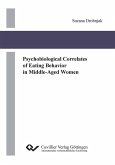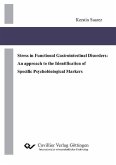Evidence for the key role of oxytocin and vasopressin in social behavior, affiliation, stress, aggression and anxiety has come primarily from studies in animals. Neuropeptides have been shown to cross the blood-brain barrier after intranasal administration, with initial studies reporting direct effects on human behavior. It was recently shown that oxytocin improves trust and the protective effects of social interaction on neuroendocrine responses to social stress.
The theoretical part is devoted to the behavioral effects of oxytocin and vasopressin in animals and humans, and considers their role in stress. Thereafter, social support and social phobia are discussed as different facets of social interaction and these theoretical considerations are rounded off with an integration of the neuropeptidergic effects on health and mental illness.
The empirical section presents data on the role of oxytocin and vasopressin in aggression as well as the role of oxytocin and social support in social phobia. The results of a double-blind placebo-controlled study on the effects of intranasal oxytocin and vasopressin on altruistic punishment in healthy men revealed that vasopressin enhances the readiness to punish unfair behavior. It differed significantly from oxytocin, but oxytocin showed no effects compared to placebo treatment. A second study on the role of oxytocin and social support in social phobia revealed stress-buffering effects for healthy adults as well as social phobic patients. However, both treatments were shown to at most benefit the social phobic patients.
In the final section, the pivotal findings are summarized and directions of future research discussed. Finally, a model of neuropeptidergic modulation of social behavior is proposed that incorporates our results as well as remaining questions. The model should elucidate the complex interactions of oxytocin and vasopressin from a psycho-bio-social perspective and underline its importance for the understanding and treatment of ‘social psychopathology’ in humans.
Dieser Download kann aus rechtlichen Gründen nur mit Rechnungsadresse in A, B, BG, CY, CZ, D, DK, EW, E, FIN, F, GR, HR, H, IRL, I, LT, L, LR, M, NL, PL, P, R, S, SLO, SK ausgeliefert werden.









